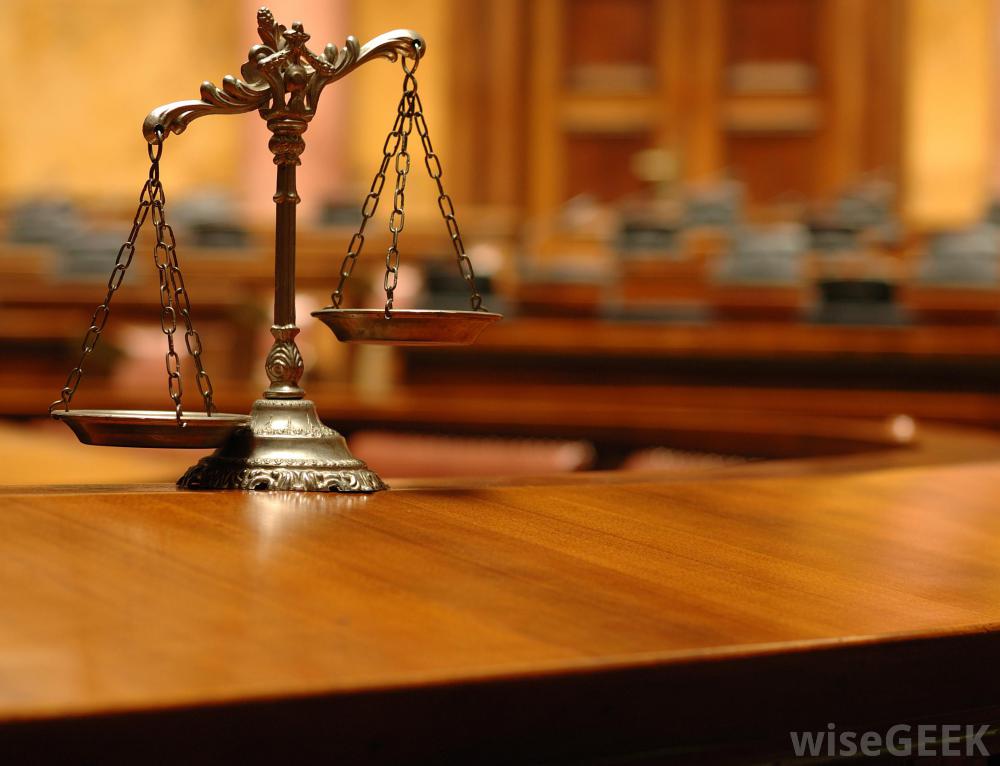Malala Yousafzai: one of the most notable successful asylum seeker cases in the world.
Now, she is an activist for human rights and has a voice that has been heard at the European Parliament and the United Nations. She has received the Nobel Peace Prize and a day in her honour after Secretary-General Ban Ki-moon declared her birthday ‘Malala Day’ in 2013. She was even appointed as a U.N. Messenger of Peace to promote women’s education which is one of the highest honours delivered by the United Nations.

However, her journey to this point was very nearly fatal. At 15 years old, she was known as an anti-Taliban activist promoting education for women in her home country, Pakistan. When she was shot in the head on a school bus by the Taliban on the 9th October 2012, she and her family were forced to leave and arrived in Birmingham so that she could recover away from the conflict.
She became internationally recognised and following her recovery, her family was eventually granted the right to asylum in the United Kingdom due to the risks posed to them if they were to return to Pakistan.
Unfortunately, her story of living under threat is not uncommon. The threat posed to many asylum seekers may not be due to involvement in public speech like Malala. More often, it comes from aspects outside of anyone’s control such as their ethnicity, religion, sexuality or civil conflict.
In 2020, European states received just under half a million asylum applications signifying the severe lack of protection of human rights worldwide.
Human rights belong to every person from birth until death regardless of racial, ethnic, gender or religious differences. Their origin is thought to date back as far as 539 BC in the city of Babylon where freedom of religion was permitted.
Nowadays, human rights have developed into the Universal Declaration of Human Rights of 1948 (UDHR) which is the common standard of rights and liberties that should be found and protected in and by all nations. This declaration adopted by the United Nations General Assembly highlights the principles of human rights in thirty articles which can be found online here.
Human rights are linked closely with governmental responsibilities especially within judicial matters such as arrest, trial and sentencing. They are behind the construction of all modern democracies and are acknowledged as the pinnacle of true civilisation.
However, this, unfortunately, does not mean that they are never abused by governments and that individuals are never subjected to violations of their own human rights. International NGO, Fair Trials International, estimates that even though 90% of countries worldwide have signed international agreements requiring them to provide fair trials, over 40% of rights violations are due to unfair trials.
The Council of Europe, whose role is to observe human rights amongst the forty-seven European member states, defines a fair trial as “a fair and public hearing, within a reasonable time, by an independent and impartial court”.
The court should consist of legal representatives, a jury and a judge. Therefore, for a trial to be declared “unfair” would be to lack any of these previously mentioned components. In fact, articles seven through to twelve of the UDHR mention the right to equal protection by the law, right to have a fair trial, right to be innocent until proven guilty and right to protection against arbitrary arrest, interference, detention or exile.
When these rights are violated, as they inevitably are by certain governments, articles thirteen and fourteen offer the right to leave any country and seek asylum from persecution in other countries.
Often, asylum seekers choose to leave their country of origin due to the fear of undue discrimination and unjust imprisonment. This risk of facing an “unfair trial” leaves people without most of their natural born rights as they become displaced and open to further discrimination upon arrival in the host country.
In this way, it becomes clear that the result of an unjust legal system entirely dismantles the foundations of an individual’s freedoms as they can become isolated from their families, society and even country.
Unless the disparity of resource distribution is resolved by the nations that are undeniably able to give, could they be labelled similarly guilty of denying an individual’s access to these basic liberties?